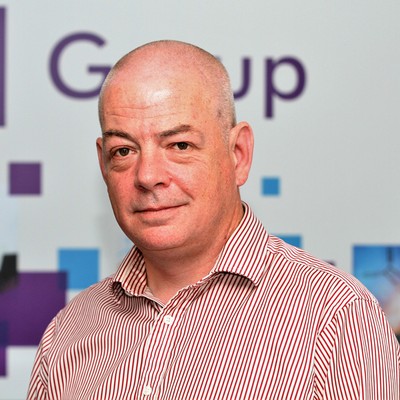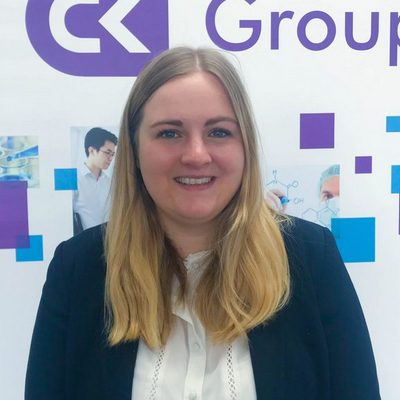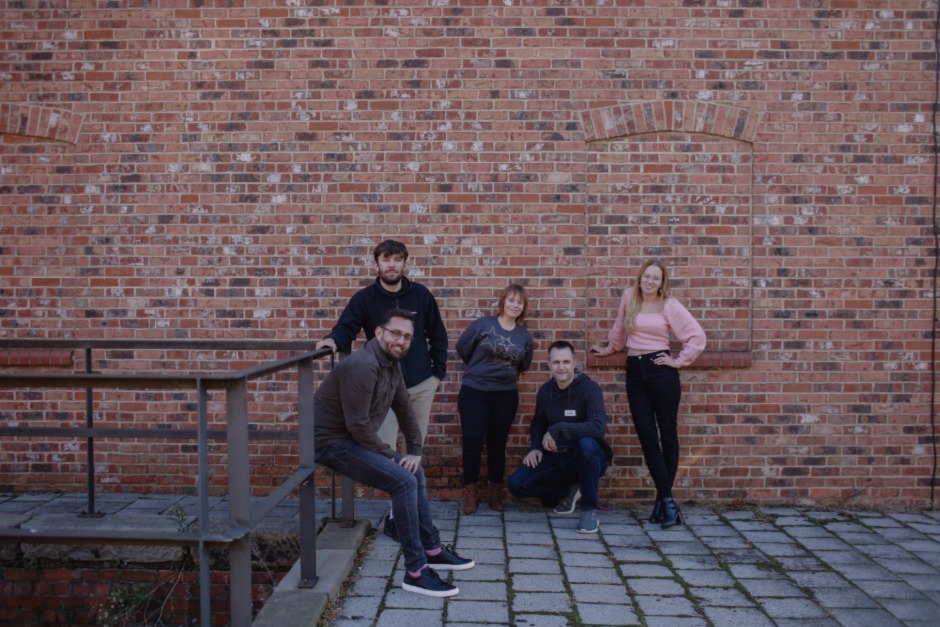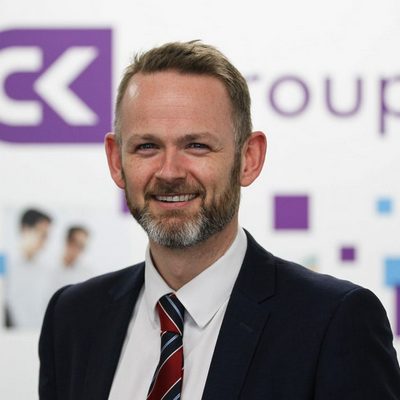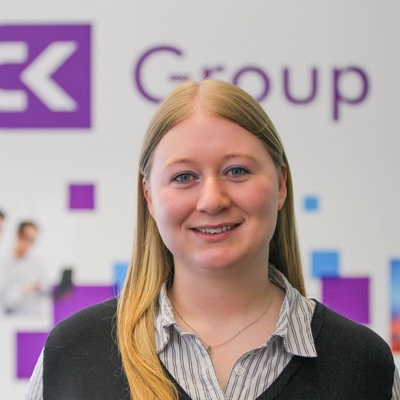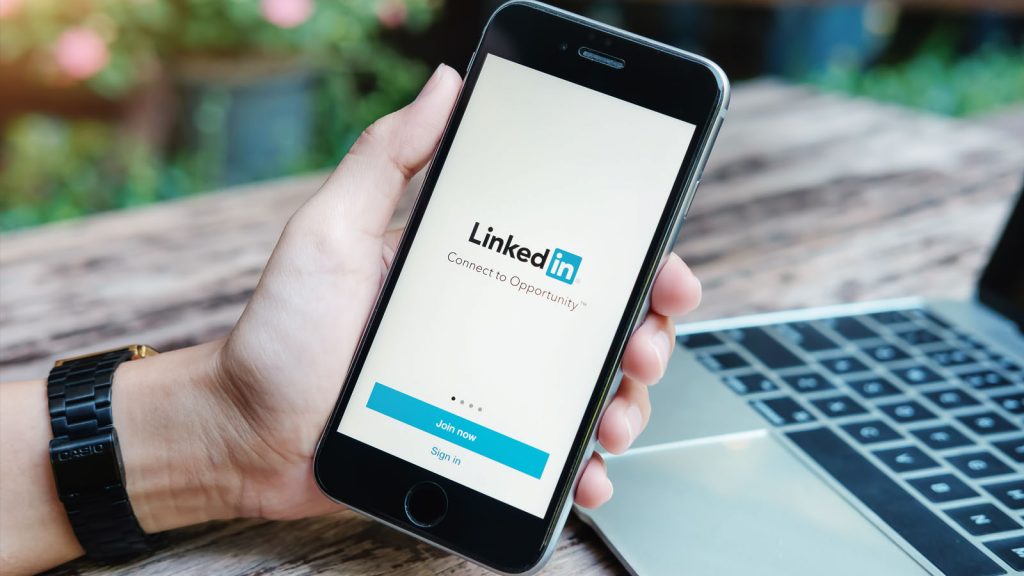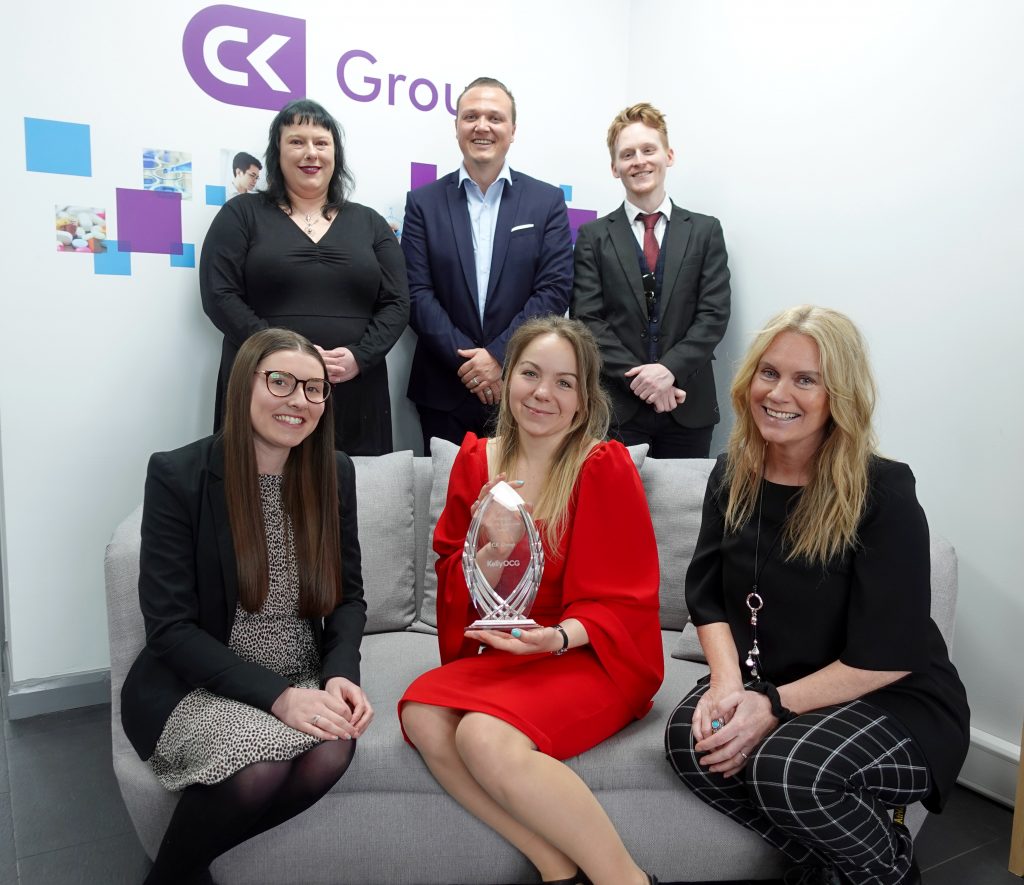This year we are delighted to say that we have three nominees shortlisted for the REC Awards. We have been shortlisted in three categories, Newcomer of the Year, Recruitment Team of the Year, and Temporary Recruiter of the Year. To get to know our nominees a little better, we interviewed Jade Stirk who is nominated as Temporary Recruiter of the Year.
Tell us a bit about your background?
I have worked in recruitment since graduating in 2010 and I’ve worked at CK for the past 9 years. I started off as a Resourcer, then moved into the full 360 on a dual desk covering both temporary and permanent recruitment. I really enjoyed the fast pace of temporary recruitment and I’ve never looked back.
Tell us a bit about your role.
I work as a Principal Recruiter within the Science Contracts Team. I specialise in recruiting scientists into contract roles for clients across the UK within the pharmaceutical, life sciences and chemical industries. I am a vital member of the team, and as well as recruiting, I help with ideas to support our marketing team and share my expertise with new starters or staff with temporary recruitment queries.
What have been your challenges in the past year?
The biggest challenge I have faced in the past year was the candidate shortage that we faced in our market. As unemployment was at its lowest record, most skilled workers only wanted to move from permanent roles into new permanent roles and contractors were few and far between due to changes with IR35. Obviously, working on a contract desk, we had to find people who were happy with a contract role. With building connections through linked in and sourcing candidates through our database and job boards, I made sure to speak to as many people as possible and build a trusting relationship that temporary contracts can pay off not only with good rates of pay but can sometimes change to go temporary to permanent.
What has been your proudest moment at CK this past year?
My proudest moment last year was returning to work from maternity leave and adapting to being a new mam and still wanting a career. I was so grateful to my colleagues for helping me get back up to speed quickly. It was great returning to work, back talking to people and helping them find their new job or first job in a challenging market, and also helping my clients meet the demands of needing staff at short notice. I was recently promoted to Principal recruitment consultant which has been my goal for a while, this shows that with hard work and commitment whilst being a new mum and working part-time you can still have a brilliant career.
What has been your career highlight so far?
This one is hard, there are so many highlights over the years. I would definitely say that feeling of your first client you get on board and bringing in new business. I started off my recruitment journey at CK running a dual desk in Scotland during a referendum for Scottish independence. Back in 2014, I was tasked with developing business in Scotland. It wasn’t long until I had a new client on board that was a start-up company that needed scientists. It was great over the years building a strong relationship with them and watching them grow into the successful company they are today but also experiencing my own growth of confidence, knowledge of the industry and independence of recruitment.
How does it feel to have been nominated?
It is amazing! I still can’t believe it. Out of all of the talented consultants at CK I can’t believe they picked me. It is so nice to know that I am so highly thought of and that the effort I put into my job is noticed by my manager and others. The nomination through CK was more than enough, and then to hear I had been shortlisted was just truly unbelievable. A little recruiter from a small village in County Durham heading down to London for the REC awards!
In my role, I like to think I change lives. I make my client’s lives easier by getting them staff but I also help my candidates by getting them a job they love that may get them better pay or closer to home to be spending time with their families. On another note, working in science is such a rewarding thing to do. I may not be at the forefront of developing a drug/product but to know in some part of the cog, I helped a scientist get in that laboratory that is helping develop science to get that new drug or product made. That is the highlight of my job every single day.
A word from Jade’s Manager…
“Jade has been with the group for almost 9 years starting her career as a Recruitment Resourcer. She quickly proved herself as an effective Recruiter and quickly progressed into the role of Consultant where she spent time learning her trade and building a solid knowledge of scientific recruitment.
Over the last 7 years, Jade has worked closely with me as a Contract Recruiter and is now someone I see as my right-hand woman, someone I trust to see a job through without me ever having to check a task has been completed… that’s usually because Jade has completed a task before I’ve even got round to asking her for help! Jade has also been instrumental in the running of the Science Contracts Team and has ensured our candidates and clients receive an excellent quality of service. This has included winning business from and acting as Account Manager for a Covid19 testing laboratory which proved to be a vital source of income for CK Group during the initial stages of the COVID-19 pandemic which was a very difficult period of trading.
Well done and congratulations Jade“
Graeme Pallas, Associate Director CK Group
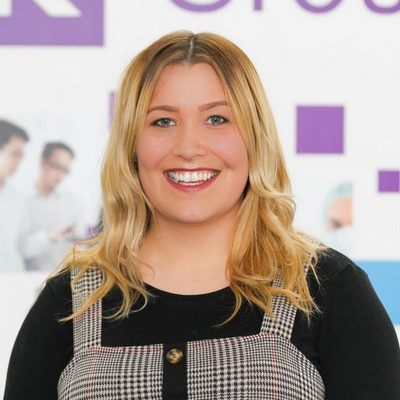
Good luck to Jade for the awards on 24th November.
